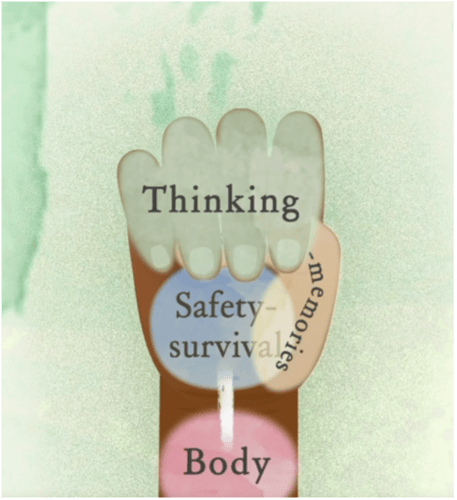Transforming Children’s Social Care: A New Era of Family Help
The UK is undergoing a landmark transformation in children’s social care, with the introduction of the Families First Partnership Programme. These reforms mark a decisive shift away from reactive, crisis driven interventions and toward a proactive, inclusive, and relationship-based model of support for families. As Dr Asha Patel explains, this new approach is designed to empower families, strengthen communities, and improve outcomes for children and young people across the country.
Early and Consistent Support: Putting Relationships First
At the heart of the reforms is a commitment to early intervention. Rather than waiting for families to reach crisis point, the new model ensures that support is available early, consistently, and compassionately.
When needed, families will be assigned a Family Help Lead Practitioner (FHLP), a dedicated professional who coordinates multi agency support and builds a trusting relationship with the family.
This means families no longer have to repeat their stories to multiple professionals or be passed from one service to another. The FHLP becomes a single point of contact, ensuring continuity, reducing stress, and fostering a sense of safety and stability.
“We’re moving from a system that reacts to crisis, to one that builds relationships and prevents it,” says Dr Asha Patel. “It’s about meeting families where they are, with the right support at the right time.”
Inclusive, Non-Stigmatising, Community Based Support
The reformed model is designed to be accessible and non-stigmatising, recognising that many families face complex challenges, such as domestic abuse, SEND, risk of exclusion, or housing insecurity, that require coordinated and compassionate support.
Support will be delivered through community-based settings like Family Hubs, schools, and local services, making it easier for families to seek help without fear of judgment or bureaucracy. The aim is to normalise help seeking behaviour and ensure that families feel welcomed, respected, and understood.
“Family Help is not a label, it’s a lifeline,” Dr Patel emphasises. “It’s about creating a culture where asking for help is seen as a strength, not a weakness.”
Stronger Partnerships, Better Outcomes
The reforms also place a strong emphasis on multi agency collaboration. Health, education, police, and social care professionals will work together more closely than ever before to deliver joined up support that keeps children safe and strengthens family relationships.
Key outcomes include:
- Reducing the need for children to enter care, while ensuring that those who do are placed in stable, loving homes.
- Equipping the workforce with the tools they need, such as specialist training, reflective practice, and strong supervision, to deliver high quality, family centred support.
- Improving long term outcomes for children and families by addressing root causes rather than symptoms.
“This is about building a system that works with families, not on them,” says Dr Patel. “It’s a bold step forward and one that puts compassion, consistency, and professionalism at the centre of care.”
Why This Matters
The Families First Partnership Programme is more than a policy shift; it’s a cultural transformation. It recognises that families thrive when they are supported early, consistently, and without stigma. It values relationships, prioritises wellbeing, and seeks to build a system that is responsive, respectful, and professional.
As these reforms roll out across the UK, they offer a powerful opportunity to reshape the future of children’s social care, one where every child is safe, every family is supported, and every practitioner is empowered.
Ready to Learn More or Explore How This Affects Your Service?
The Families First Partnership Programme is more than a policy, it’s a movement toward compassionate, consistent, and community driven care. Whether you're a practitioner, policymaker, educator, or service leader, understanding how these reforms will shape your work is essential.
Book a free 1:1 conversation with Dr Asha Patel to explore how your team or service can prepare for and embrace the social care reforms.
Dr Patel brings deep expertise in trauma informed care, multi-agency working, and workforce development, and she’s here to help you navigate the change.
👉 Click here to book your call
Let’s build a future where every child is safe, every family is supported, and every professional is empowered.



